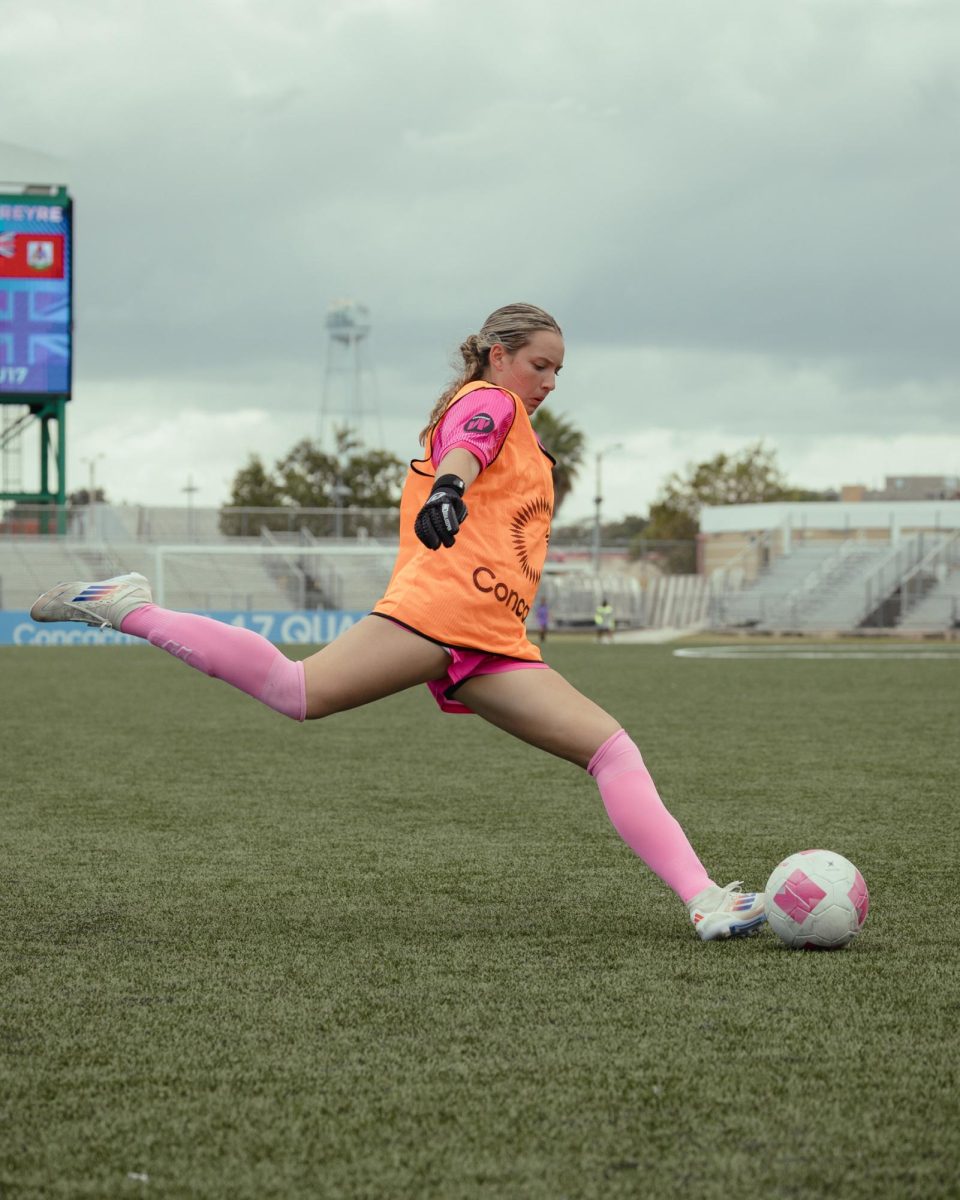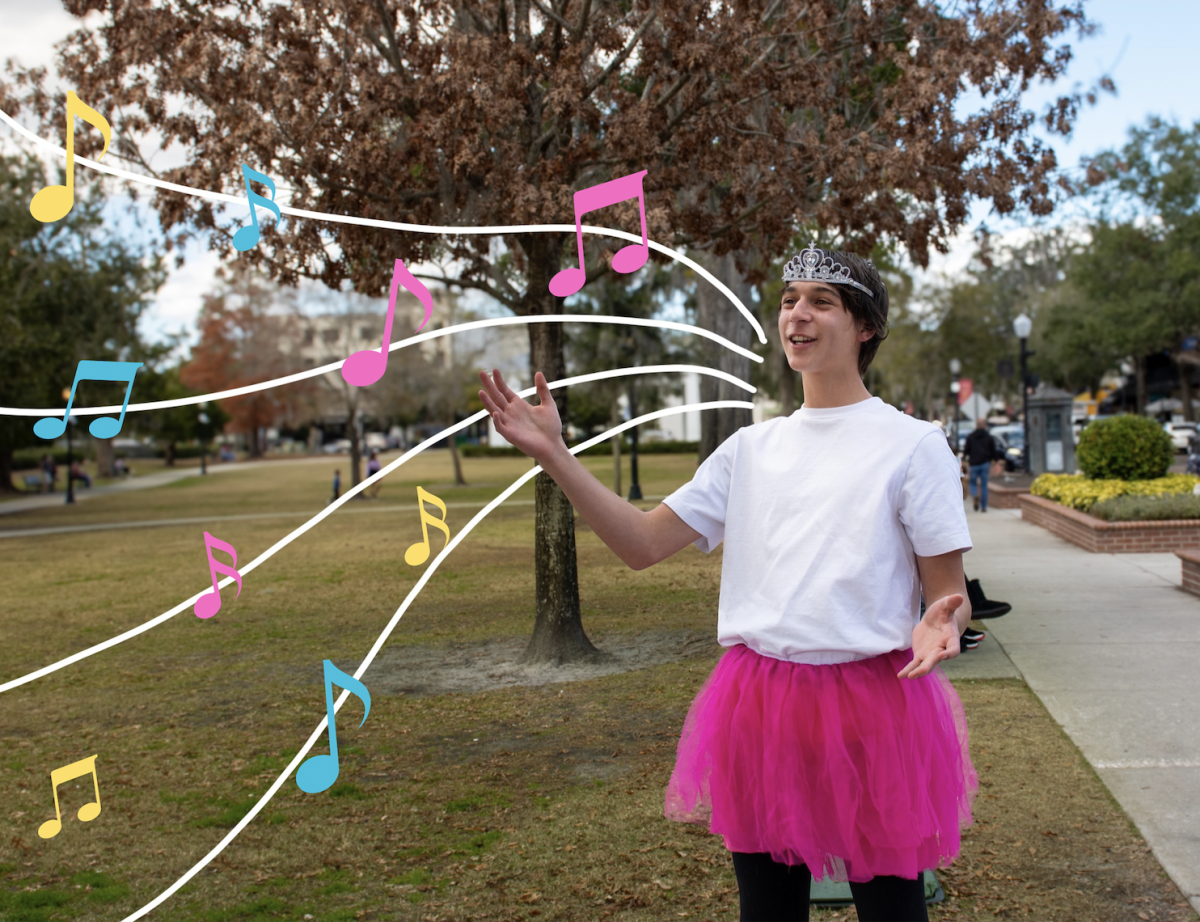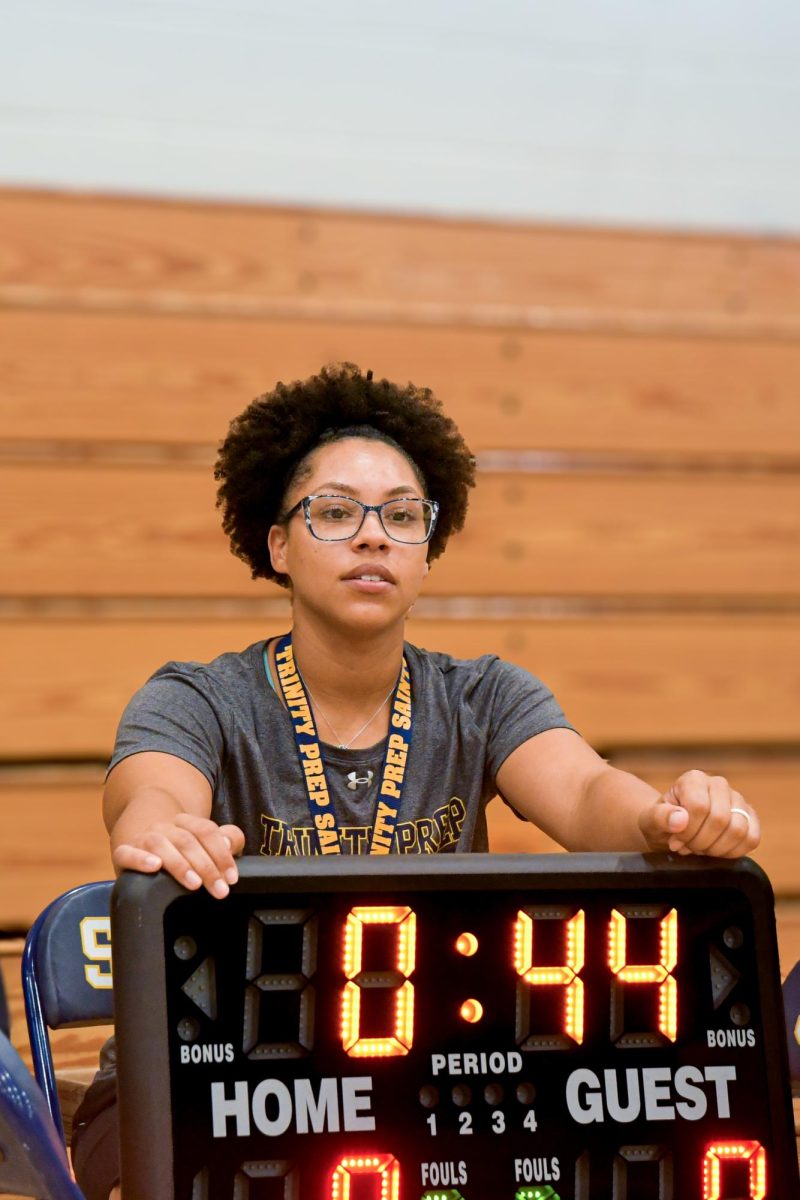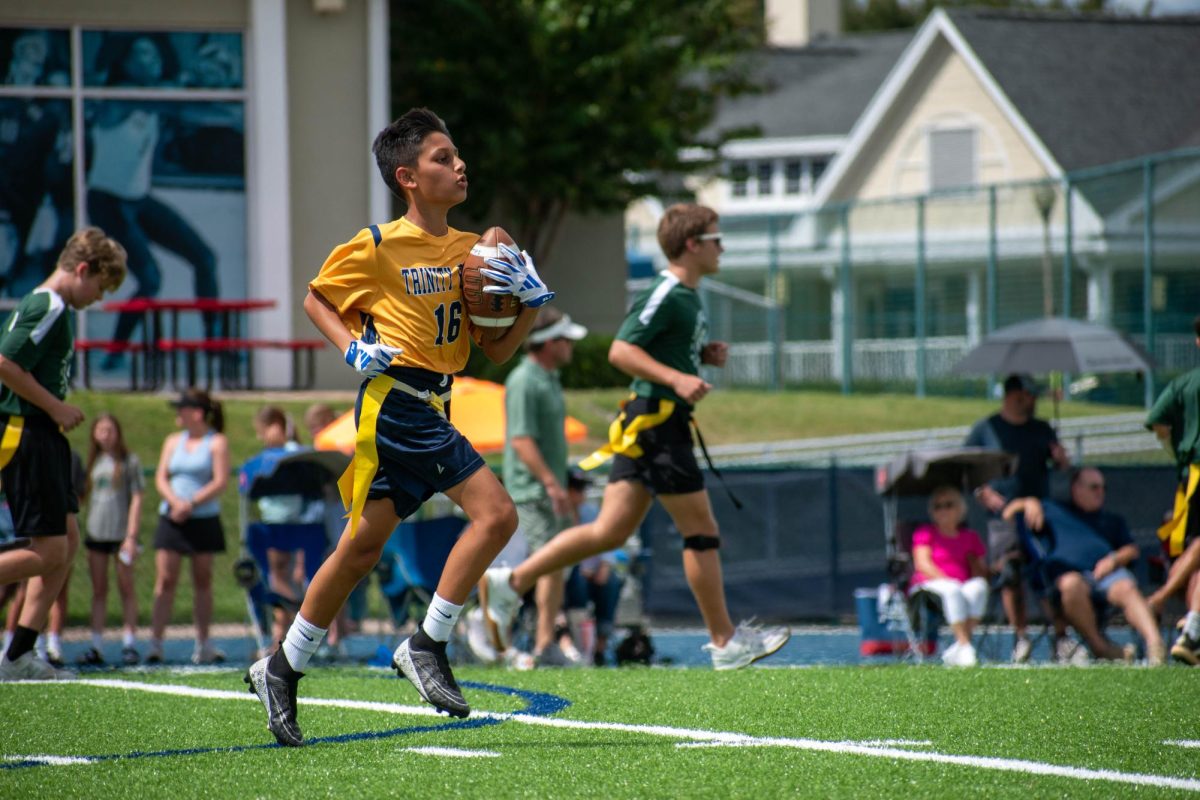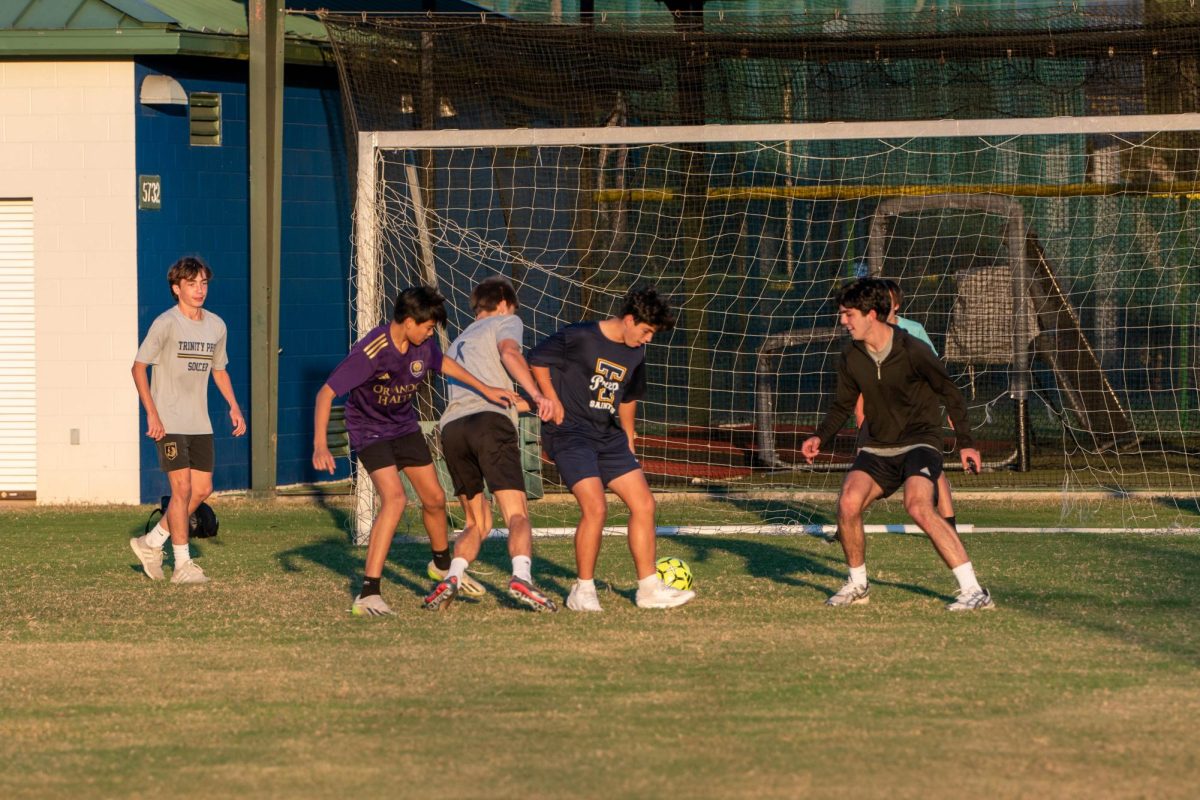At a college preparatory school like Trinity, students are dedicated into their academics, spending hours studying to have strong resumes. However, that same dedication does not always transfer to athletics.
“We don’t want (the athletes) to just use (sports) for their college resume,” Assistant Athletic Director and girls lacrosse coach Rita Kienle said.
Some kids are more passionate about classwork and academics over athletics, which can lead to students not working as hard on the field.
“They’re working hard in their classes since that’s what they’re passionate about,” Kienle said. “They’re not as passionate about the sports they do.”
This lack of passion for a sport could be the result of parental pressure to play a sport the athlete doesn’t necessarily love.
“(Athletes) might sign up or there’s pressure at home,” social science teacher Michael Brown said. “They’re told that they need to be in club sports, school sports and AP classes, your resume is going to look good, so you as a human are probably going to fall apart.”
According to athletic website AtYourOwnRisk.com, it’s important for adolescents to be active and to be part of a sport because they have a reduced risk of heart disease, stroke, cancer and diabetes.
While all of the values that athletes learn from sports are important, being a good, reliable teammate who attends practice and shows up for games is as important.
“We have kids who signed up for two, three or four different things in the spring,” Assistant Athletic Director and head boys lacrosse coach Travis Sanders said. “They’re constantly being pulled from one thing to another, and there are conflicts between the spring sports like lacrosse, so we don’t have enough players.”
A low turnout at practice and games affects the entire team’s results. It also presents a challenge for coaches who have to spend their time chasing after athletes who do not show up.
“You need to focus on the kids that want to be there and get them to the level that they want to get to,” Kienle said. “But also try to keep them positive, and that’s tough.”
These kids who show up are the people who are helping the team, but the people who don’t show up create another team.
“You feel that when there’s almost two teams,” Kienle said. “One team that’s here, and one team that’s not.”
The root cause of an issue like this does not just form overnight; it seems that the culture at Trinity has led to this.
“I think the culture (at Trinity) has to change,” Kienle said. “I think it’s the culture that we’ve now created that it’s okay to not show up.”
Junior Olliver Polsinelli believes that on his lacrosse team, there are only a few who are dedicated to the team.
“I see, especially recently, with lacrosse, it’s like four kids on my team that I noticed who care about lacrosse; it’s the main thing they do,” Polsinelli said.
Though Brown believes that when it comes to athletes doing so much in the classroom and then when they come to the field, it’s too much for them to do.
“Students who are on my volleyball team that work extremely hard in the classroom, and the time they get to us, they’re gassed and they have nothing left,” Brown said.
Polsinelli adds that some students just see sports as a way to destress.
“As a result of (high academic expectations), people just go out to their sports as a way to decompress,” Polsinelli said.
While sports provide a helpful outlet for activity, commitment is necessary to fully benefit from the lessons athletics have to offer.
“You learn so much, you learn teamwork, you learn how to work with others,” Kienle said. “You learn how to work in an environment that is tough, which is extremely important.”




